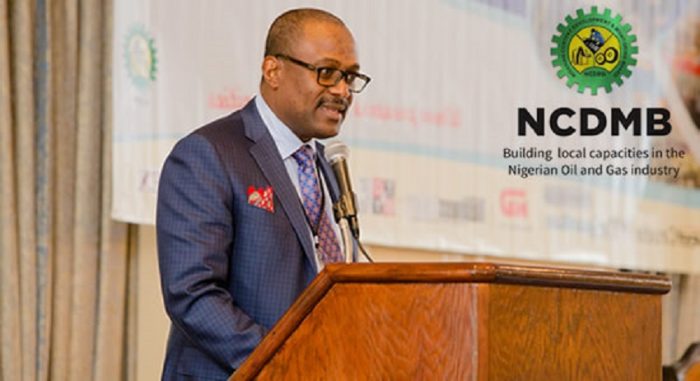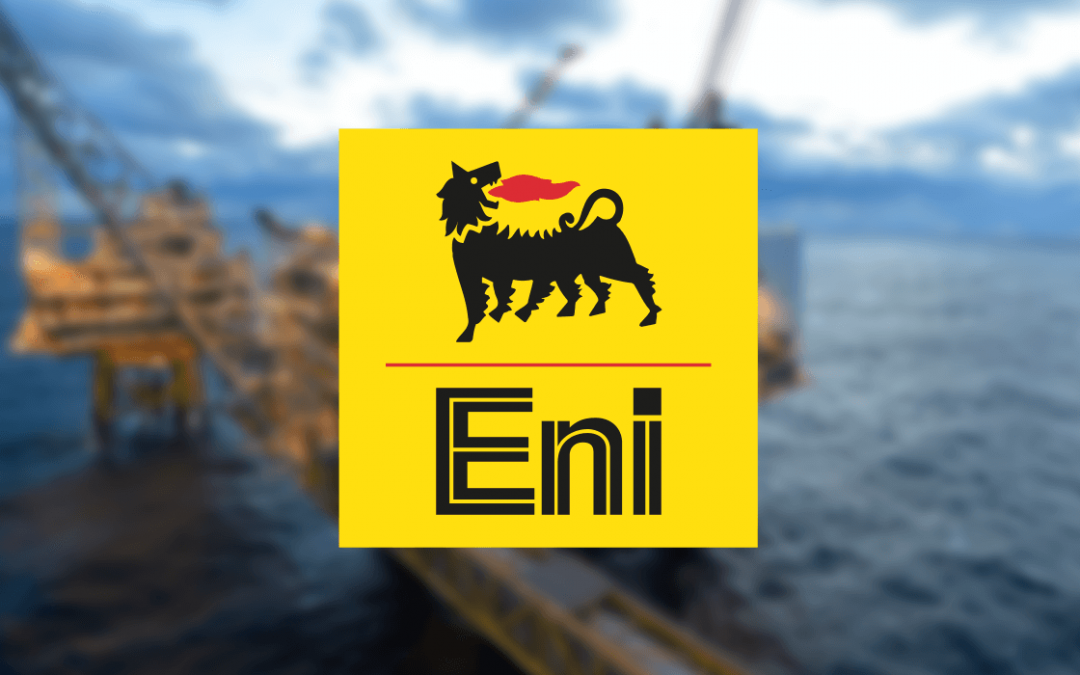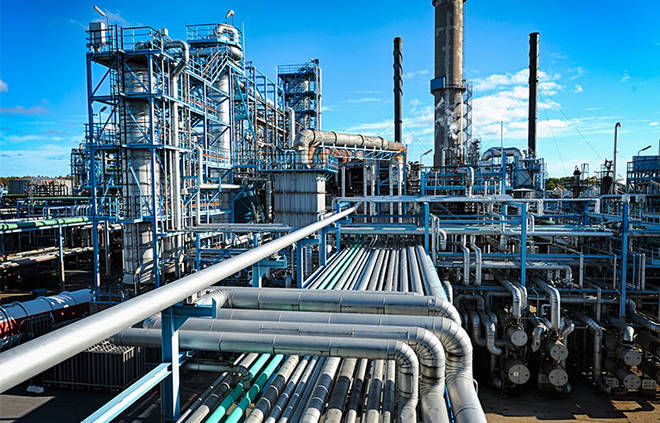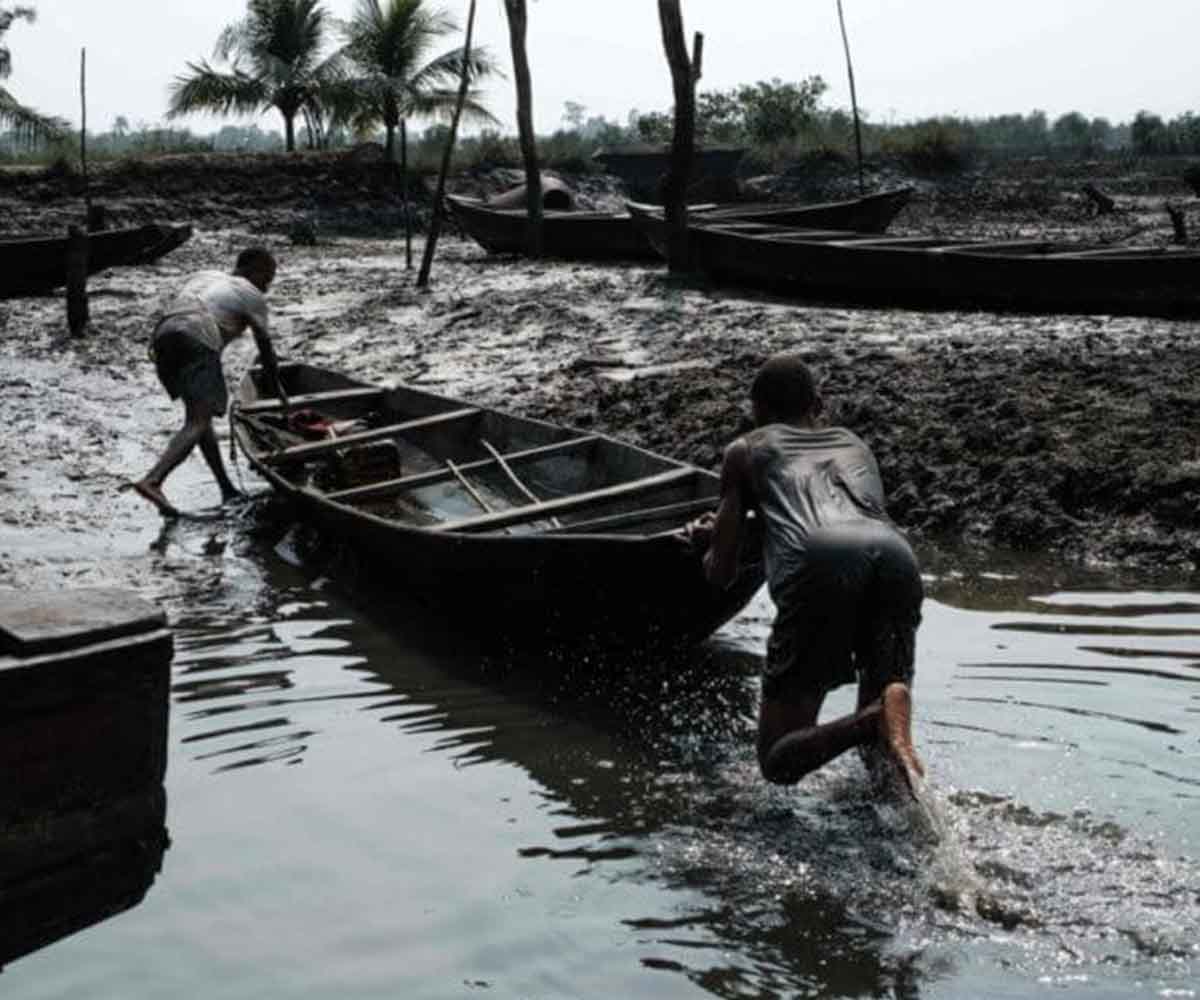The Nigerian Content Development and Monitoring Board has said the local capacities developed through the implementation of the Nigerian Content Act sustained oil and gas operations in Nigeria during the height of the COVID-19 pandemic.
The Executive Secretary, NCDMB, Mr Simbi Wabote, said this on Monday at the Nigerian Content Capacity Building Workshop organised for media stakeholders in the South-South region, held in Port Harcourt, Rivers State, according to a statement on Wednesday.
He explained that operations of the sector continued without disruptions, even after many expatriates had returned to their countries, because Nigerians had developed robust human and infrastructural capacities to operate the highly technical sector.
He said some of the achievements recorded by the board during the COVID-19 pandemic included the inauguration of the NCDMB new head office, the increase of the size of the Nigerian Content Intervention Fund from $200m to $350m and addition of new products to the NCI Fund.
According to him, other achievements included the approval of the $50m Nigerian Content Research and Development Fund by the NCDMB Governing Council; inauguration of the 5,000 barrels-per-day Waltersmith Modular Refinery at Ibigwe, Imo State; and approval of additional partnerships in the Nigerian Content commercial ventures programme.
He said the board also made progress with the implementation of the 10-year strategic roadmap, held the checkpoint review session for the roadmap, continued the construction of oil and gas industrial parks and secured the final investment decision and award of contracts for the NLNG Train 7.
Wabote said the NCDMB had achieved 32 per cent value retention from the annual spend in the oil and gas industry, compared to only five per cent in 2010 when the Nigerian Content Act was enacted.
He noted that value retention grew to 26 per cent in 2017, after seven years of focused implementation.
According to him, the vision of the Nigerian Content 10-Year Strategic Roadmap is to achieve 70 per cent value retention by 2020.
Other targets of the roadmap are to create 300,000 jobs, retain $14bn out of $20bn annual industry spend as well as build shipyards and manufacturing facilities.
In his presentation, the General Manager, Corporate Communications and Zonal Coordination Division, NCDMB, Dr Ginah Ginah, said the board and operating oil companies had jointly deployed the community content guideline, which provides a framework for engaging youths of the host communities in employment, training and contracts in projects.
According to him, the CCG also provides for the establishment of critical infrastructure to stimulate development, attract new businesses to host communities and sustain the growth of host community entrepreneurs through funding and policy support.











